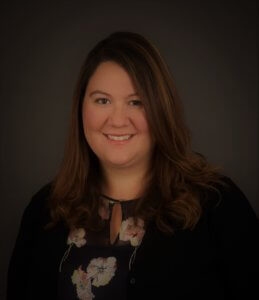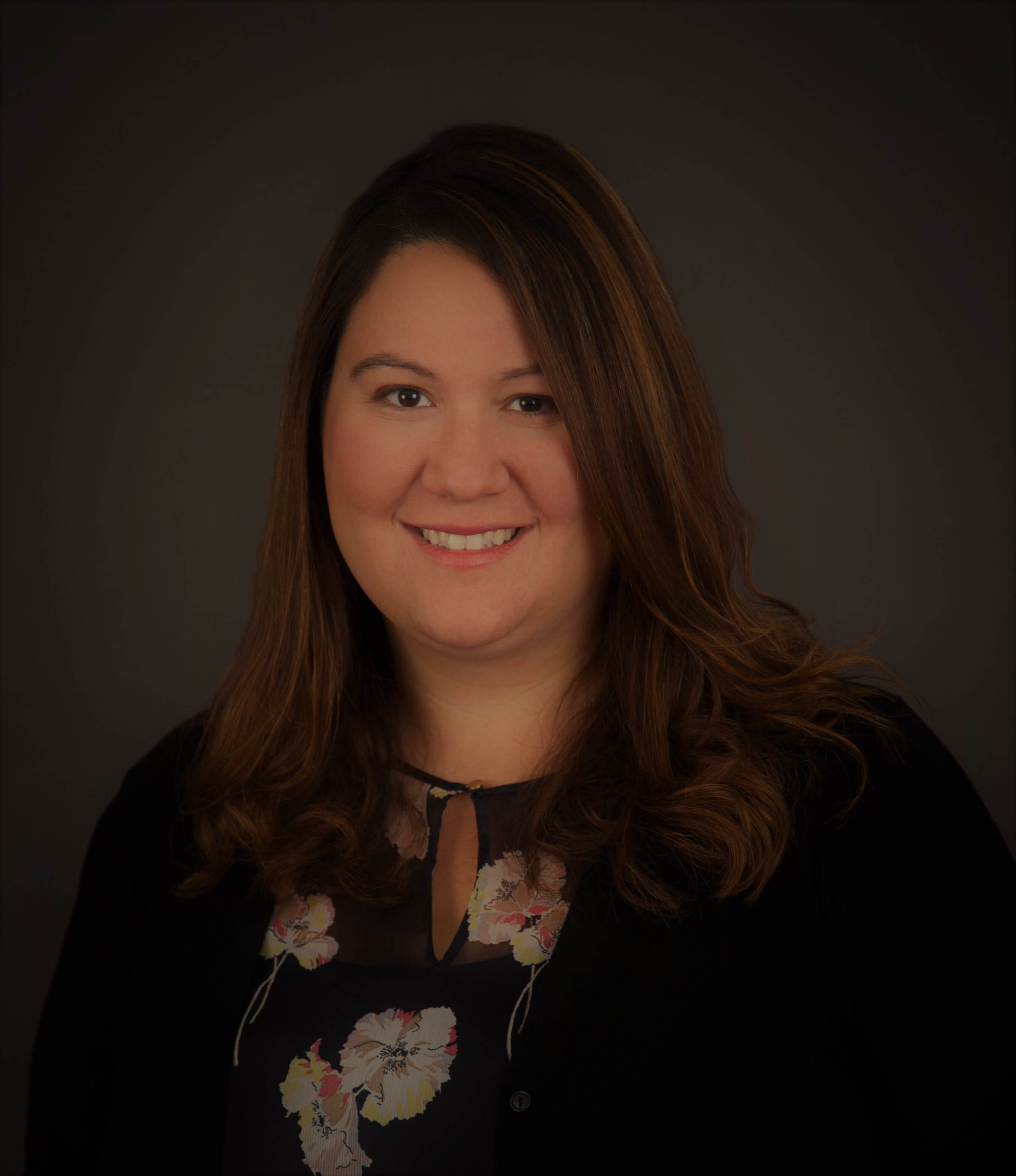
Alyson Pompeo-Fargnoli, Ph.D., assistant professor of educational counseling in the School of Education, recently published an article, “The Mental Health Impact of the COVID19 Crisis: The Battle Ahead for Inpatient Survivors,” in Psychosomatics, a peer-reviewed scholarly journal. The journal rush published her article in response to the current crisis.
In the article, the authors describe how the COVID-19 pandemic has engulfed the world and while critical conversations are occurring on best medical practices, public health guidelines, and future therapeutics, there is a lack of focus on the “second tidal wave” of patient inflow, which may prove to be in the mental health realm. “Awareness much like that which is being raised with government and pharmaceutical interests needs to also include the immediate needs of patients’ mental health following this crisis,” Pompeo-Fargnoli said.
For example, Pompeo-Fargnoli explained, post-traumatic stress disorder resulting from an intensive care unit, or ICU, admission differ in symptoms than those that develop following more traditional traumas such as combat or assault. The current crisis, which includes hospital ships and makeshift tents being used as ICUs, could exacerbate the trauma of the patient experience, and result in even higher incidents of post-admission mental health disorders such as PTSD.
To aid in this, the authors suggest in-hospital mental health screenings, and long-term follow up care to include such screenings. The authors also suggest that trainings be provided for mental health professionals on the psychosomatic connection, including the unique profiles, so they are best prepared to care for the upcoming influx of patients. Finally, more empirical studies need to be carried out to determine whether best practices for treating mental health diagnoses remain the same for COVID-19 survivors.
“While health care professionals, health insurances, and the government are preparing for health and financial aid for COVID-19 patients, they must also support the upcoming mental health needs of these same patients,” Pompeo-Fargnoli said. “Countless people will need mental health care following this tragedy even if they did not meet a COVID-19 diagnosis—for many will feel the impacts of this crisis through grieving the loss of loved ones, unemployment, anxiety, and social isolation—all of which will require its own mental health treatment.”
Pompeo-Fargnoli is a nationally certified counselor (NCC), a licensed professional counselor (LPC), and holds a substance abuse and addictions counseling certification. She has presented at numerous national, regional, and state professional conferences on various topics such as reducing mental health stigma, college counseling best practices, substance use counseling, and counselor ethics. She received her Ph.D. in counselor education from Montclair State University.

